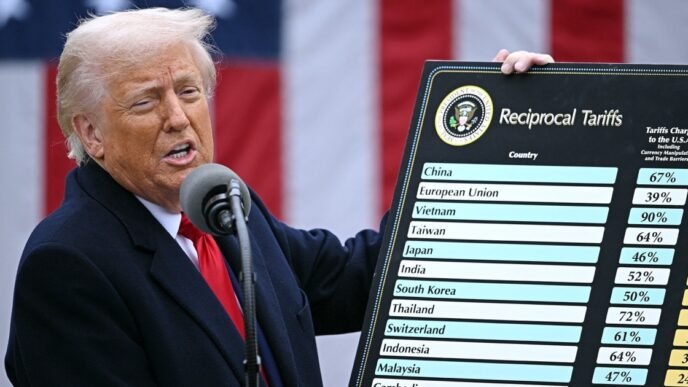WASHINGTON — In a win for business interests that chafe at burdensome environmental studies, the Supreme Court on Thursday gave a boost to a planned 88-mile railroad project that would transport crude oil in Utah.
The court ruled in favor of an alliance of local counties that support the project, called the Seven County Infrastructure Coalition, concluding that the federal environmental review process did not have to consider potential broader, indirect impacts.
The conservative-majority court was unanimous on the bottom line, although the three liberal justices differed on the reasoning. Conservative Justice Neil Gorsuch did not participate in the case.
The court ruled that consideration of broader downstream impacts of the project were not required under a federal law called the National Environmental Policy Act (NEPA).
Justice Brett Kavanaugh, writing for the court, said the environmental review “did not need to address the environmental effects of upstream oil drilling or downstream oil refining.”
He added that some federal judges have incorrectly applied NEPA and allowed it to be used as a broad weapon to challenge major development projects.
“In deciding cases involving the American economy, courts should strive, where possible, for clarity and predictability,” Kavanaugh wrote. That analysis should include “substantial deference to the agency,” he added.
Although the coalition won at the Supreme Court, the project still has to undergo further review by the federal Surface Transportation Board before it can move forward.
The railroad would bring oil from the Uinta Basin in northeastern Utah by connecting the area to the national rail network.
The opposition to the project was led by Eagle County, Colorado, which claims it will suffer from downstream effects of the railroad, and several environmental groups.
The county’s lawyers said it would be directly affected by the project, with nine out of every 10 trains that use the new railroad eventually passing through it on an existing line that runs along the Colorado River.
The Surface Transportation Board conducted an environmental review and gave the railroad the green light to move forward.
But the U.S. Court of Appeals for the District of Columbia Circuit found flaws in the analysis as well as other parts of the approval process, and in a 2023 ruling sent it back to the agency for further review.
The case arose as NEPA has faced criticism for unnecessarily slowing down major projects.
In 2023, President Joe Biden signed new legislation that sought to streamline the process. It requires agencies to only consider “reasonably foreseeable” climate impacts and limits reports to 150 pages.
Gorsuch stepped aside after the court had agreed to hear the case, citing the court’s ethics rules. Liberal groups and more than a dozen members of Congress had urged him to recuse himself over his previous links to billionaire Philip Anschutz.
One of Anschutz’s companies, Anschutz Exploration Corp., which drills for oil and gas, filed a brief in the case backing the coalition.













